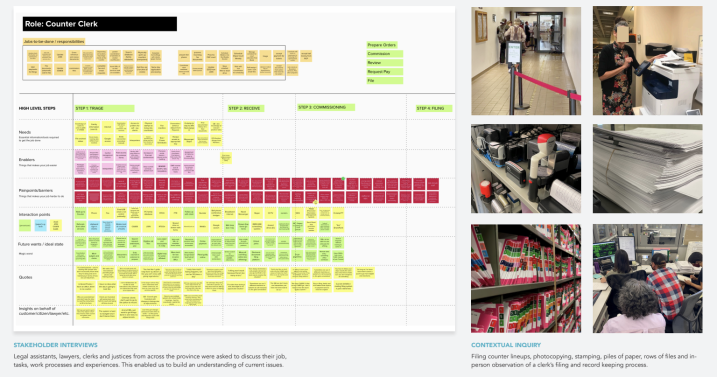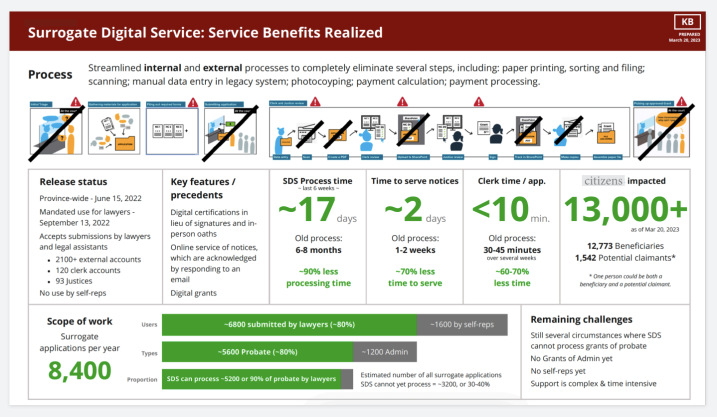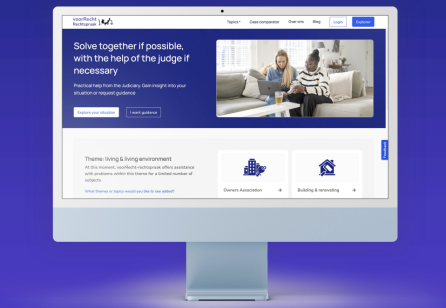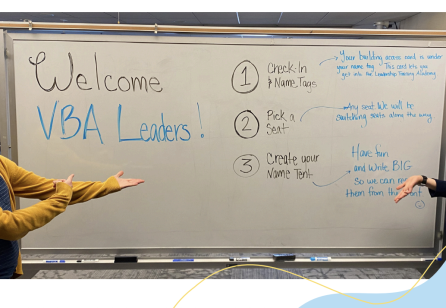Organisation: Government of Alberta and Court of King’s Bench
Client: In-House Project
Country: Canada
Riddled with centuries-old procedures and long, winding paper trails, filing is a court process ripe for service transformation. How can legal processes evolve to maximize value and efficiency for both the ministry and the people who need its services?
One of several digital transformation initiatives for the provincial government, our work started in the area of wills and estates law, where a deceased person’s executor applies to the Court for a grant allowing them to legally manage the estate. Roughly 8,400 applications are filed yearly, affecting more than 31,000 people.










Share your thoughts
0 RepliesPlease login to comment